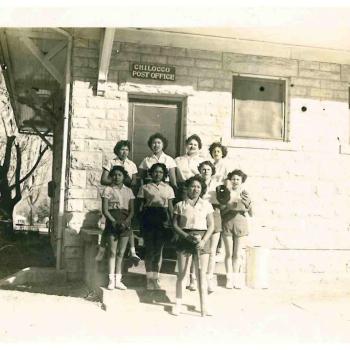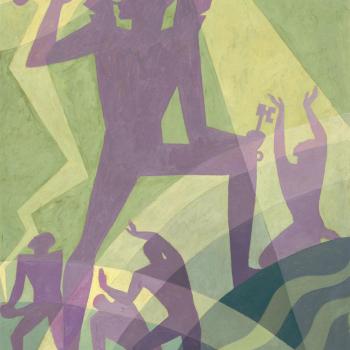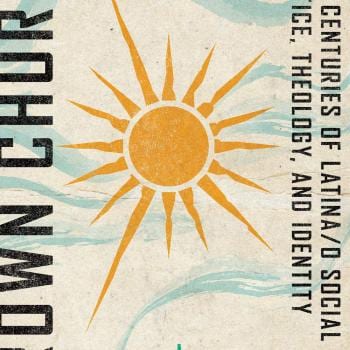Several months ago Florida Polytechnic University opened a brand-new library. Its architecture, designed by Santiago Calatrava, is striking. Even more striking is what this library lacks: books. I’ll repeat that: you can’t check out any physical books at FPU’s library.

You can, however, read from a screen. Staffers say that electronic workstations give students access to over 135,000 e-books. Director of Libraries Kathryn Miller says, “It’s the information that’s key, not its form.”
I confess to considerable ambivalence over the prospect of bookless libraries. On one hand, I kind of get it. Why buy expensive books and shelves when e-books can be accessed for far less money? The library holdings at my small liberal arts college are limited compared to those of the research university library where I went to graduate school, so I’m dependent on interlibrary loans and electronic resources such as Jstor and Ebsco. In fact, my research has benefited tremendously from searchable databases and electronic journals. I’ve been able to track down sources in ways that would have been impossible decades ago.
On the other hand, I’m not ready to toss out the books. I get a lot of pleasure from sitting down in my office’s green leather recliner with a mug of steaming Earl Grey as I turn the pages of a book that I can actually touch. Is this a silly nostalgia for a preindustrial utopia that never was? I don’t think so. Along with Neil Postman, I’m not convinced that form doesn’t matter. This seems especially true when working in the archives. There’s something almost mystical about touching and reading the very documents that my historical subjects had touched. I like to think that it makes me a more empathetic historian.
I also object to bookless libraries because of the way we learn. Many times I’ve searched my library’s online catalog for a book only to realize later that the search was laughably insufficient. I might identify an important book, but when I head to the bricks-and-mortar library to fetch it, I almost always realize that the catalog didn’t find everything. In fact, some of my best sources have not come from targeted searches. I almost always come out of the stacks with half a dozen books from surrounding shelves. Catalog searches have real limits. We’re limited, obviously, by the terms of the search—and the teleology embedded in our searches. Browsing the stacks allows us to happen upon sources we never considered.
Sometimes the best learning comes through indirection as we travel circuitous routes toward an unknown destination. Sometimes we stumble on answers or insights on the path to somewhere else. Sometimes we pose the wrong question—or we construct an answer before we even ask a question. Sometimes we happen upon our best archival sources after being given the wrong box. Sometimes our most profound insights result from winding journeys in the laboratory, in the field, or in the text. The process can seem inefficient, but the search itself is important. It takes us beyond knowledge to wisdom.
Sure, I’m grateful for the precision of digital searches. But they don’t give us context, leave much room for instinct, or teach us to empathize with historical subjects. I’m not ready to leave behind the serendipity that can be found in the library stacks.
















